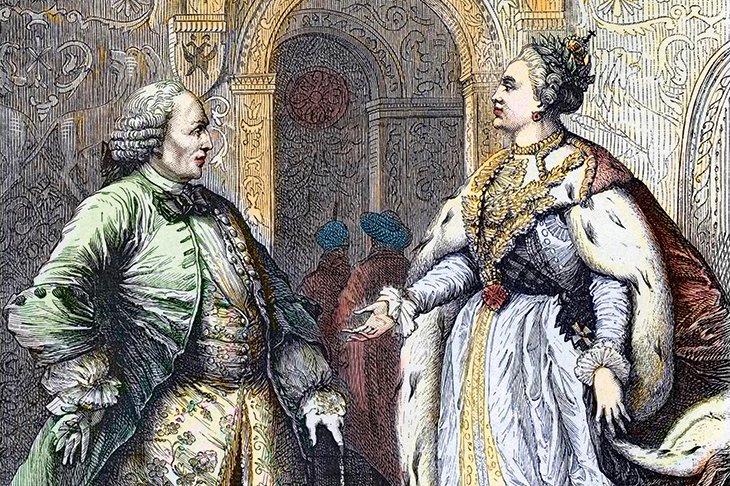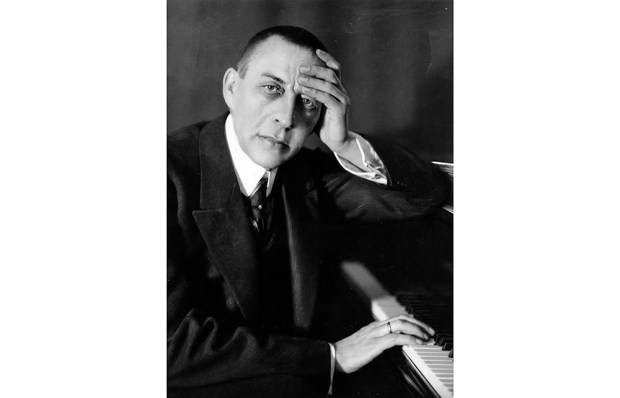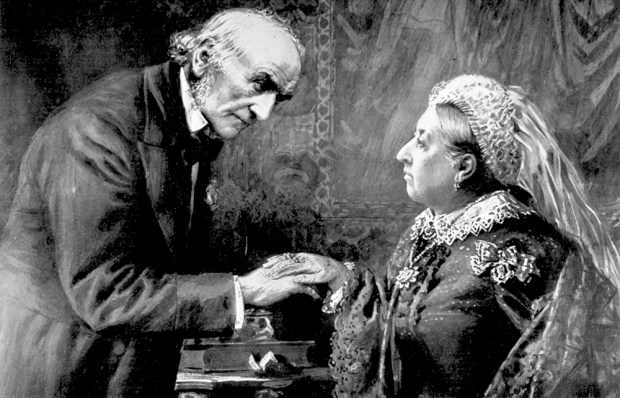Denis Diderot (1713–84) is the least commemorated of the philosophes. Calls for his remains to be moved to the Panthéon on the tricentenary of his birth in 2013 were ignored. He has not taken his place alongside Rousseau and Voltaire in the Parisian vaults of fame, even though he was no less radical or progressive. Instead, his name has been given to a metro stop in the 12th arrondissement: Reuilly-Diderot. Even here, he comes second, tacked on by a hyphen, one of history’s and philosophy’s also-rans.
The injustice done to Diderot can partly be explained by the fact that he was a collaborative writer and thinker. He devoted decades of his life to editing the Enlightenment’s Encyclopédie, a gargantuan attempt to compile ‘all the knowledge in the world’, comparable to Pliny the Elder’s Natural History and Francis Bacon’s Great Instauration. Between 1751 and 1765, 17 volumes of text and 11 volumes of illustrations were published. A young man from an obscure background when he took on the task, Diderot felt old and wrecked as the last volume of the Encyclopédie rolled from the press. He complained to his mistress that the editorship had not made his fortune and had ‘nearly forced me either to flee France or lose my liberty’.
Diderot’s rickety finances were rescued by the patronage of Catherine the Great. After a coup d’état and the murder of her husband Tsar Peter III, Catherine became Empress of Russia in 1762. She read avidly the first volumes of the Encyclopédie and maintained her interest in the philosophes throughout her long reign. In 1765, hearing that Diderot was about to resort to selling his library to provide his daughter with a dowry, she offered to buy the collection herself for 15,000 livres, and proposed leaving it in Diderot’s possession for the rest of his lifetime while paying him an annual retainer to be a librarian of his own books. ‘I prostrate myself in front of you. I reach out and wish to speak to you, but my soul is paralysed,’ Diderot responded.
Over the next seven years, Catherine repeatedly invited Diderot to overcome his tongue-tied paralysis and visit her in St Petersburg. By 1773 he had run out of excuses and found himself, at the age of 60 and in poor health, undertaking his first journey outside France. Reaching Holland, he dallied for a couple of months, irritating Catherine, who remarked that he ‘seems to be travelling slowly’. Finally he arrived and met Catherine for the first time at a masked ball at the Hermitage. As their conversation drew to a close, she pointed to a door into her private apartments and told the dishevelled philosopher in an ill-fitting black coat and wig that it would be open to him every afternoon between 3 and 5 p.m., so that they could converse further.
According to the entry on ‘Conversation’ in the Encyclopédie: ‘It should be remembered that conversation is a relaxation and that it is neither a contest of arms nor a chess game.’ Robert Zaretsky provides a deft account of the meeting between Diderot and Catherine, explaining how and why an exchange of words that began with such high hopes on both sides had five months later ‘mostly bled into the boggy land on which St Petersburg had been built’. Zaretsky reveals the dialogue between the two to have been far from relaxing — more akin to a chess game or combat — and in doing so presents a timeless paradigm of conversations between truth and power.
Diderot, always an advocate of the rule of law, found himself in the peculiar position of being freer to speak his mind in an empire sustained by serfdom than he had ever been in France. Before she became empress, inspired by the philosophes, Catherine had imagined an end to Russian serfdom within a century. But after the rebellions that followed her coronation in 1762, she modified her ideals and consolidated her power, rewarding with serfs the military and court officials who helped her.
But alongside these repressions, there was an absence of censorship and a liberal attitude to foreign books and translations. Catherine ended the state monopoly on printing and allowed journals critical of social practices and manners to circulate. In France, in contrast, Diderot had been imprisoned in 1749 and had renounced his earlier writings as debaucheries in order to secure his release. Afterwards, his radical works — Rameau’s Nephew, D’Alembert’s Dream, The Nun and Jacques the Fatalist and his Master — were not published in his lifetime.
Realising that Diderot had privileged access to Catherine, the French state leant hard on him to further its diplomatic goals. He was told that if he did not press Catherine to abandon her prejudices against the Bourbon regime and enter into an alliance, he would be imprisoned in the Bastille after returning to France. In the circumstances, he decided to bare his soul and explain his predicament to Catherine at their next meeting. ‘I am going to subject myself to the law of being truthful, because one must be an honest man before being a good citizen or patriot.’ Catherine did not hold the attempt to turn him into a diplomat against Diderot, whom she continued to converse with, much to the chagrin of her court:
‘I do not care about the servants,’ he wrote; ‘the only favour I seek is with the woman in charge.’
Zaretsky argues that Diderot, like Laurence Sterne, regarded writing as ‘another name for conversation’. Diderot had met Sterne in Paris and ranked him alongside Rabelais. ‘When one tells a story, there has to be someone to listen; and if the story runs to any length, it is rare for the storyteller not to be sometimes interrupted by his listener,’ Diderot wrote in the introduction to his experimental short story, ‘This is Not a Story’. He had an astonishingly liberal approach to translation, which involved taking the liberty of interweaving his own thoughts and ideas into the translated text. He also had a lax approach to plagiarism, seeing the appropriation of another author’s writing as a means of pursuing
a conversation.
The outcome of Diderot’s discussions with Catherine was that she largely ignored his advice:
Monsieur Diderot, I have listened with great pleasure to everything that your brilliant mind has inspired. But your grand principles, which I understand quite well, make for good books and bad actions… You work on paper, which accepts everything. I, a poor Empress, work on human skin, which is rather irritable and sensitive.
Catherine claimed that after this exchange, politics disappeared from their conversation, and all Diderot would talk about was literature.
Literature, Zaretsky reminds us, is politics by another means. Diderot believed that intolerance brutalises language as well as people. ‘It seems to me that language is the thermometer of a nation’s state of mind. If I were to return to France in a century and wished to know its condition, I’d ask to see the most recently published book.’ In a closely argued final chapter, Zaretsky explores the parallels that Diderot drew between his relationship with Catherine and Seneca’s with Nero. As late as 1781, Diderot thought it possible that Catherine would ‘metamorphose into the legislative reformer he had long hoped she would become’.
She did not.
For both Diderot and Seneca, proximity to power became as problematic as it was lucrative. Diderot expected that the readers of his 500-page essay on the manners and writings of Seneca would find his own self reflected alongside the historical actors. Zaretsky, a sympathetic reader of the kind Diderot dreamt of, succeeds in resurrecting him as an author who speaks to our times: principled, but amenable to patronage; clinging to truth in the corridors of power; happiest at his desk experimenting with his own and other people’s prose; a loquacious chaos; but, most importantly of all, a defender of humanity, progress and Enlightenment.
Got something to add? Join the discussion and comment below.
Get 10 issues for just $10
Subscribe to The Spectator Australia today for the next 10 magazine issues, plus full online access, for just $10.
You might disagree with half of it, but you’ll enjoy reading all of it. Try your first month for free, then just $2 a week for the remainder of your first year.














Comments
Don't miss out
Join the conversation with other Spectator Australia readers. Subscribe to leave a comment.
SUBSCRIBEAlready a subscriber? Log in